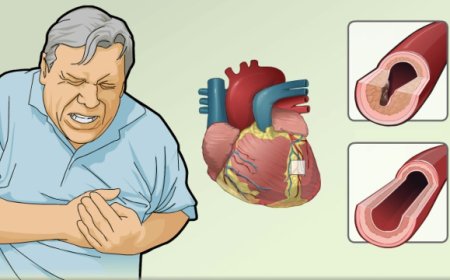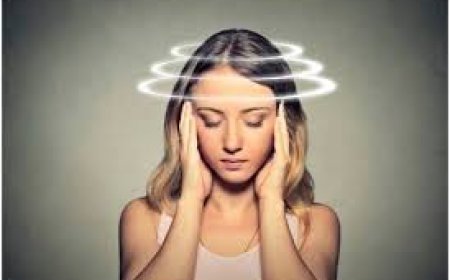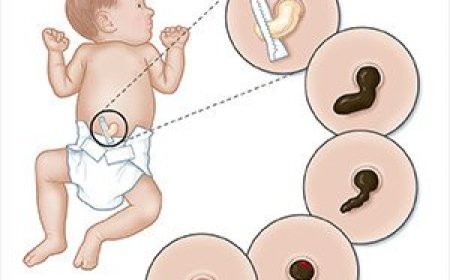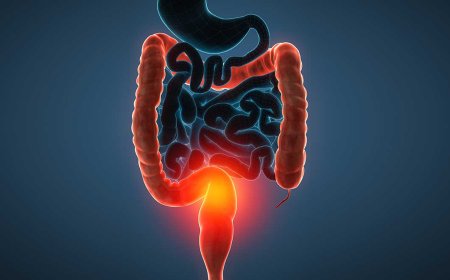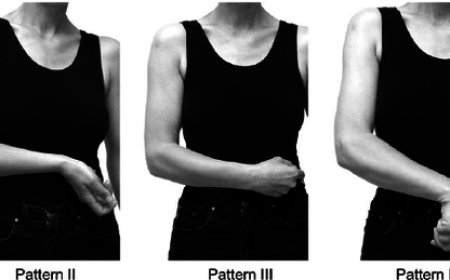Manic-Depressive Disorder
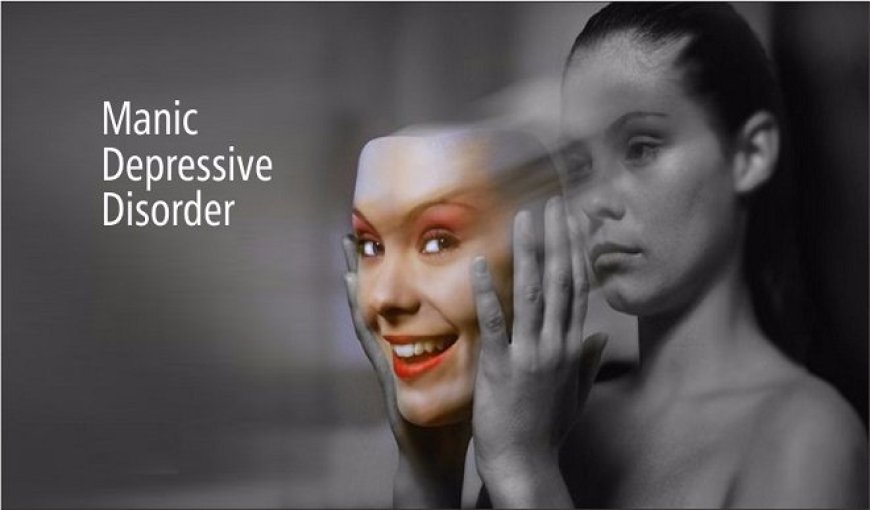
Introduction:
In India, just like in any other part of the world, mental health is an important aspect of overall well-being. One mental health condition that some people may experience is Manic-Depressive Disorder, commonly known as Bipolar Disorder. This disorder can affect a person's emotions, mood, and behavior, leading to significant changes in their life. Let's dive into the details of Manic-Depressive Disorder, exploring its signs, causes, types, diagnostic tests, treatments, and prevention techniques.
Signs and Symptoms:
Manic-Depressive Disorder involves two distinct phases: manic and depressive. During a manic phase, a person may feel extremely happy, excited, and full of energy. They might talk fast, have racing thoughts, and engage in risky behaviors without considering the consequences. In the depressive phase, they may feel sad, hopeless, and lose interest in activities they once enjoyed. They might have trouble sleeping, experience fatigue, and even have thoughts of self-harm.
What Is "Manic-Depressive Disorder"?
Manic-Depressive Disorder, or Bipolar Disorder, is a mental health condition where a person's mood swings between extreme highs (mania) and lows (depression). These mood swings can disrupt daily life and make it challenging to manage emotions and behavior.
How Is "Manic-Depressive Disorder" Classified?
Manic-Depressive Disorder is classified based on the frequency and intensity of manic and depressive episodes. There are different types of Bipolar Disorder:
-
Bipolar I Disorder: In this type, a person experiences at least one manic episode, which can be severe and may require hospitalization. They may also have depressive episodes.
-
Bipolar II Disorder: This involves milder manic episodes, known as hypomania, and depressive episodes.
-
Cyclothymic Disorder: This is a milder form of Bipolar Disorder, with less intense and shorter episodes of mania and depression.
Causes and Triggers:
The exact causes of Manic-Depressive Disorder are not fully understood. It is believed to result from a combination of genetic, biological, and environmental factors. Stressful life events, changes in sleep patterns, and substance abuse can also trigger episodes in individuals with a predisposition to the disorder.
Risk Factors with Examples:
Several risk factors may increase the likelihood of developing Bipolar Disorder in India:
-
Family History: Having a family member with Bipolar Disorder increases the risk.
-
Age: The disorder often starts in the late teens or early adulthood.
-
Substance Abuse: Using drugs or alcohol can trigger or worsen episodes.
-
Traumatic Experiences: Childhood trauma or significant life stressors may contribute to the development of the disorder.
Types of "Manic-Depressive Disorder" with Detailing:
As mentioned earlier, the types of Manic-Depressive Disorder are Bipolar I, Bipolar II, and Cyclothymic Disorder. Each type involves different levels of manic and depressive episodes, ranging from severe to milder variations.
Diagnostic Tests and Treatments:
Diagnosing Bipolar Disorder involves a thorough evaluation by a mental health professional, such as a psychiatrist. The doctor will assess the person's mood, behavior, and medical history to make a diagnosis.
For treatment, there are various approaches, including:
-
Medication: Mood stabilizers and antidepressants can help manage the symptoms.
-
Psychotherapy: Counseling and therapy sessions can teach coping strategies and help manage emotions.
-
Lifestyle Changes: Regular exercise, proper sleep, and avoiding substance abuse can improve overall well-being.
Complications of "Manic-Depressive Disorder" and Prevention Techniques:
Bipolar Disorder can lead to challenges in personal and professional life if left untreated. However, with proper treatment and support, individuals can lead fulfilling lives.
Preventing Bipolar Disorder entirely may not be possible, as it is influenced by various factors. However, early intervention and seeking help for emotional difficulties can lead to better outcomes.
Manic-Depressive Disorder, or Bipolar Disorder, is a mental health condition that affects a person's mood and behavior. It has different types, and its diagnosis and treatment involve understanding mood swings and managing emotions effectively. By seeking help and support, individuals with Bipolar Disorder can lead healthy and happy lives, navigating the emotional rollercoaster with confidence.
What's Your Reaction?
 Like
0
Like
0
 Dislike
0
Dislike
0
 Love
0
Love
0
 Funny
0
Funny
0
 Angry
0
Angry
0
 Sad
0
Sad
0
 Wow
0
Wow
0


























































